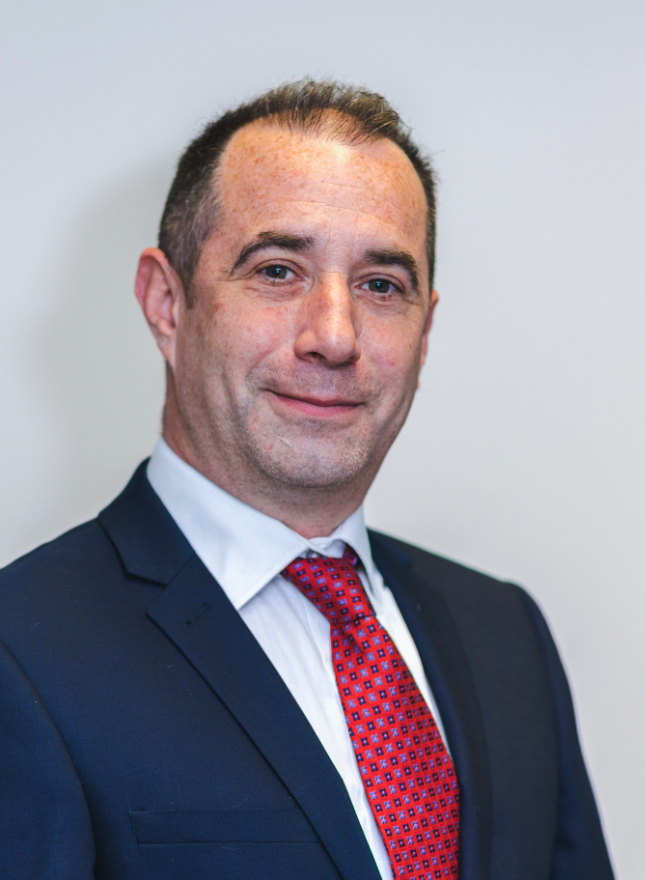Last month, I commented on how self-driving was being overvalued. That got me thinking about where the potential of AI is being undervalued. Contrary to popular belief, three professions vie for the title of the world’s oldest: Farmer, Doctor, and Builder.
The vocation of being a farmer, doctor or builder first emerged around the same time as human beings evolved from hunter-gatherers. All three professions share remarkable similarities.
All three require long apprenticeships. They need you to learn and retain vast amounts of specialist knowledge. They require skills you can only acquire by seeing, doing, repeating, and practising. They all represent the cumulation of millennia of human knowledge handed down through generations. They all require knowledge and skills being passed from one person to the next. They require constant adaptation to new knowledge and practices (and the understanding of a draining number of laws, rules and regulations).
Being a good farmer, doctor, or builder requires you to utilise a vast amount of knowledge and understanding acquired through years of experience to constantly assess and reassess a wide range of variables, solve problems, and then apply that knowledge through practical skills.
Farmers must use their knowledge to constantly assess weather, soils, crops, the environment, livestock, etc, to decide on the best course of action that will deliver the best outcome while continually monitoring and reassessing.
Doctors must use their knowledge to assess symptoms, causes, environmental factors, medicine, biology, chemistry, etc., to decide on the best course of action to deliver the best treatment while constantly monitoring and reassessing.
Builders must use their knowledge to assess problems, materials, skills, time, weather, physics, conditions, costs, etc, to decide on the best course of action while constantly monitoring and reassessing.
Importantly, they all require a considerable amount of complex knowledge and experience to quickly understand the impact of changing variables to accurately predict an outcome and plan the actions while simultaneously managing constant uncertainty.
The above is almost the exact definition of the benefits of AI or machine learning. – using large, complex amounts of data to understand the impact of changing variables, predict outcomes, plan a course of action and monitor and manage uncertainty.
Using data and knowledge to eliminate uncertainty is where AI is most valuable. It is impossible for a doctor to know every single symptom, disease, and treatment, for a farmer to predict all variables accurately, and for any builder to accurately predict the time and costs of a job.
R&D and AI
R&D into the use of AI in agriculture and healthcare is already well underway. It is easy to see how AI could calculate the optimum mix of inputs and timings to maximise yields, monitor soils, crops and livestock, or calculate the likely impact of weather. In healthcare, AI is being developed to assess symptoms and identify the probable cause, reduce the time needed to develop new drugs and assist in surgery. AI will drive increased automation using robotics and machine learning – computers performing surgery or harvesting crops. AI could also be used in construction to reduce costs and uncertainties: improving budget, planning, design, developing new materials, optimising land use, and predicting and improving preventative repair and maintenance.
Construction, healthcare, and agriculture are the three most significant economic sectors contributing to global GDP. In Wales, all three industries are facing issues and challenges. Technology could drive productivity and efficiency and be part of the solution. I can imagine a world where new technology will help improve land use and yields in farming, help in planning and building new infrastructure and homes, and make the NHS more efficient with better outcomes. To achieve this, far-sighted public policy and investment will be needed.
A final note – something else links farmers, doctors, and builders. As we have become further removed from the knowledge and skills required to produce food, make ourselves healthy and build or repair things, we have increasingly undervalued these skills and professions in the UK. Without the knowledge of how to feed ourselves, stop ourselves getting sick and build shelter to keep ourselves warm, humans wouldn’t have evolved. Farmers understood genetics thousands of years ago. Progress in physics, chemistry and biology all emerged from the evolution of these professions. Maybe we need to value them more.
If you have children wondering what skills or professions we will need besides technology, farming, healthcare, building trades, and engineering should be at the top of the career lists. They are often demanding and stressful jobs that require long apprenticeships and commitment, but they must all ultimately bring fulfilment and satisfaction, or nobody would do them.
Maybe I should add accountants to that list.
*This article has been written by our Chief Executive and does not necessarily represent the views of the firm.











